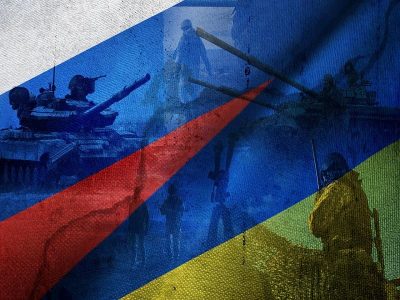Russia Resists, Europe Crumbles. Manlio Dinucci

The “mutiny” of the private military company Wagner did not cause the collapse of Russia, as it was announced and hoped for by the Western political media mainstream. President Putin said that “the overwhelming majority of fighters and commanders of the Wagner group are Russian patriots, devoted to their country, and they proved it with their courage on the battlefield.”
At the same time, Putin praised the Russian Army and the security forces who prevented the situation from escalating by acting in a precise and cohesive way. The Russian authorities have withdrawn the criminal charge of “armed mutiny” against the same Wagner chief, Prigozhin, who is moving to Belarus with part of the company’s fighters.
However, this story should not be underestimated: it is the expression of an internal confrontation between different positions regarding the conduct of the military operation with which Moscow responds to the offensive launched, through Ukraine, by the USA and NATO with the growing support of the EU. The result will likely be Moscow’s decision to use more advanced military capabilities to repel the offensive.
Results are already visible. The New York Times writes:
“Tanks and armoured vehicles supplied by the West to Ukraine are being damaged and destroyed by Russian forces. Kyiv formations managed to capture some small villages, but Ukrainian losses are mounting. Russian troops have shown that they are capable of fighting defensively and have improved their tactics since the beginning of the war”.
Against this backdrop, German Chancellor Scholz urges the forthcoming NATO Summit in Vilnius to “focus on strengthening Ukraine’s combat strength, and economic strength needed to defend itself against Russian aggression.”
At the same time, the “recovery of Ukraine” plan was launched. President Zelensky appointed the US investment fund BlackRock, the largest in the world, to manage the “Development Fund of Ukraine” to facilitate private investment.
The Fund collects billions of euros above all from European governments, paid directly and indirectly by European citizens, which will be granted, at interest rates below market rates, to multinationals investing in Ukraine. Furthermore, again with the money of European citizens, an “insurance against war risks” is set up to compensate multinationals for any damage that their investments in Ukraine may suffer through the war.

